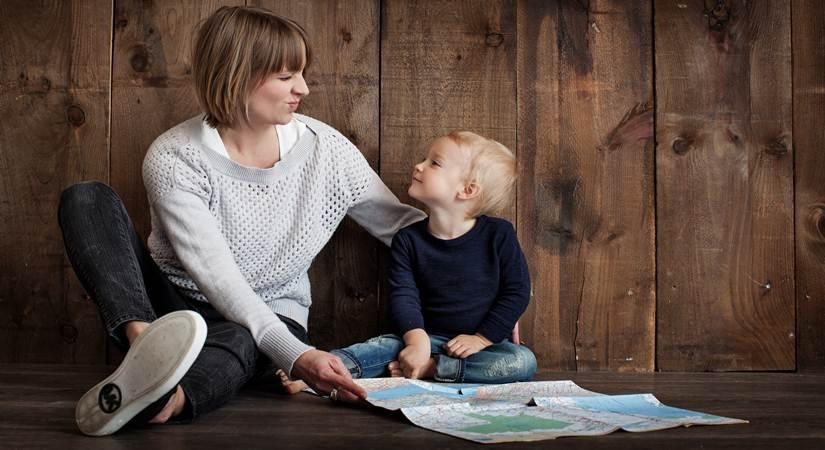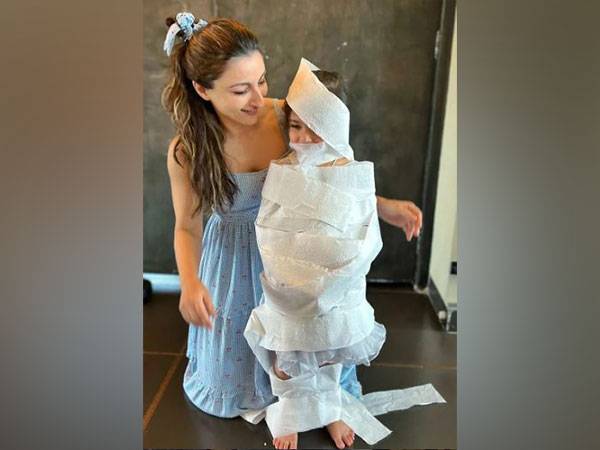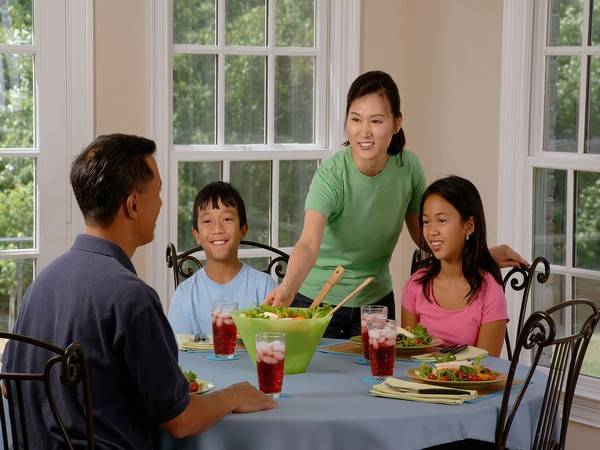Establishing a structured daily routine at home fosters a disciplined lifestyle, yielding abundant fruits in life’s journey. Craft a flexible timetable for your children, incorporating dedicated slots for reading, writing, play, recreation, and daily tasks to instill a robust work ethic and moments of relaxation. …writes Niru Agarwal
In our rapidly advancing, materialistic society, the significance of good parenting often gets overshadowed. Prioritizing the essential aspects of a child’s upbringing is crucial for their overall development. There is no universal rule for prioritization, as it varies for each parent based on their child’s needs. With each new year, parents should stay attuned to evolving trends to ensure their children’s safety, security, and education. Recognizing children’s interests and establishing clear objectives are vital, as kids learn rapidly from the external world. Facilitating the setting of realistic, measurable goals for children enhances effectiveness in parenting. Here are five key priorities for parents to raise their children successfully.
Have a daily routine at home
Establishing a structured daily routine at home fosters a disciplined lifestyle, yielding abundant fruits in life’s journey. Craft a flexible timetable for your children, incorporating dedicated slots for reading, writing, play, recreation, and daily tasks to instill a robust work ethic and moments of relaxation. Encourage each activity with joy and satisfaction, cultivating a sense of responsibility in your kids. Prioritize their happiness and well-being by actively participating in their studies or arranging for a tutor. Regularly monitor their overall growth, engaging the learning process and ensuring their continued progress. This holistic approach contributes to fostering happy, healthy, and well-rounded individuals.
Spending quality time with your kids
The significance lies not only in spending time with your children but in effectively utilizing that time. Prioritize quality moments with your family by establishing goals for regular weekend family nights or monthly outings. Cultivate honesty in your interactions with your children, avoid superficial relationships, and strive to build a robust bond with them. Invest in meaningful experiences that deepen connections and create lasting memories. Dedicated focused and intentional time enhances the quality of your relationships and fostering a solid and genuine connection with your kids. In doing so, you contribute to the overall well-being and harmony within your family unit.
Freedom with Responsibility
Granting freedom to children is vital, but it must be accompanied by a sense of responsibility and defined boundaries. Stay adaptable and open to your children’s evolving world, understanding their needs. Instill a sense of responsibility and prioritize freedom with accountability in your kids. Be a positive role model at home, teaching them the true meaning of life through your actions. Correct their mistakes gently, steering them back on the right path. Encouraging them to participate in school extracurricular activities fosters growth and responsibility. Balancing freedom with guidance cultivates positive self-esteem in your child, laying the foundation for their development into responsible individuals.
Prioritize healthy lifestyle
Guiding children towards making healthy life choices is paramount. As genuine mentors, parents are crucial in providing the right direction. Prioritizing both mental and physical well-being is essential. Instill the importance of a healthy diet, regular exercise, and proper sleep habits through consistent bedtime routines. Actively identify and address your children’s feelings of worry, anxiety, sadness, or fear, offering gentle guidance. Practice empathy to connect with your children on an emotional level. By fostering a holistic approach to health, parents contribute significantly to the overall well-being of their children, equipping them with the tools to lead balanced and fulfilling lives.
Monitor digital absorption
Children tend to absorb vast amounts of information swiftly, particularly in today’s tech-driven era. The universal use of mobile screens and immersion in the digital world, offering instant gratification through video games and social media, poses a risk to the balanced life cycle. While technology brings benefits, excessive usage can lead to imbalance. Many children develop social media addiction, which impacts them negatively. Parents must familiarize themselves with their children’s digital activities, designating screen-free times to foster a tech-free environment at home. Encourage offline hobbies, create a tech-free zone, and instruct children on safe online browsing practices to ensure a healthy and balanced lifestyle.
In conclusion, prioritizing essential habits at home is paramount. When parents prioritize the upbringing of their children, placing them at the forefront despite other commitments, a deep impact is possible in children’s holistic growth. This commitment fosters a strong parent-child bond, positioning parents as their kids’ best friends. By dedicating time and attention to fostering a nurturing environment, parents play a pivotal role in shaping a child’s character and ensuring a foundation for a promising and harmonious future.
ALSO READ-






















